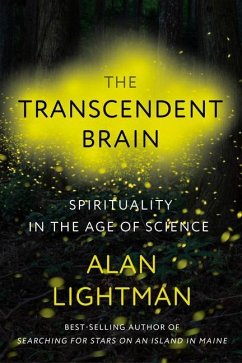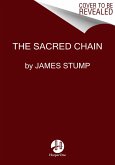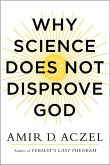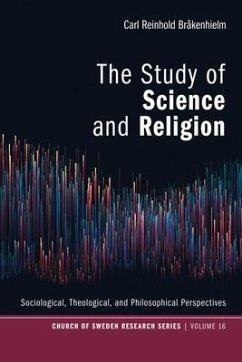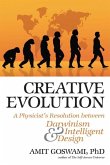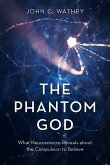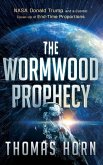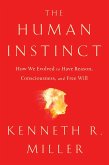"Modern science teaches us that anything can be explained in terms of atoms and forces, including the inner workings of the brain. But certain personal experiences can challenge the idea that there's nothing beyond inert matter. Communing with nature, working through a complex problem, or experiencing a piece of art, we sometimes feel a powerful sense of transcendence, of connecting with a cosmic unity that may seem unexplainable by science. But according to acclaimed physicist and novelist Alan Lightman, we can embrace these spiritual experiences without letting go of our scientific worldview. Lightman draws on a rich intellectual history to explore this fascinating intersection between religion and science. Philosopher Moses Mendelssohn's rational arguments for the soul foreground our thinking about non-materiality; Roman poet and philosopher Lucretius' ideas predict how strict materialism might explain elusive phenomena; Neuroscientist Christof Koch lays the foundation for the material basis of consciousness; and social psychologist Cynthia Frantz provides a scientific explanation of our deep connection to nature and things larger than ourselves. Lightman weaves these ideas together to argue for a concept he calls 'spiritual materialism'-the view that while spiritual experiences may arise from atoms and molecules like everything else, the physical laws of the universe may not be able to fully capture the first-person experience of transcendence. Spirituality, in this sense, is not only compatible with a strictly scientific view, but remains at the core of what it means to be human"--

